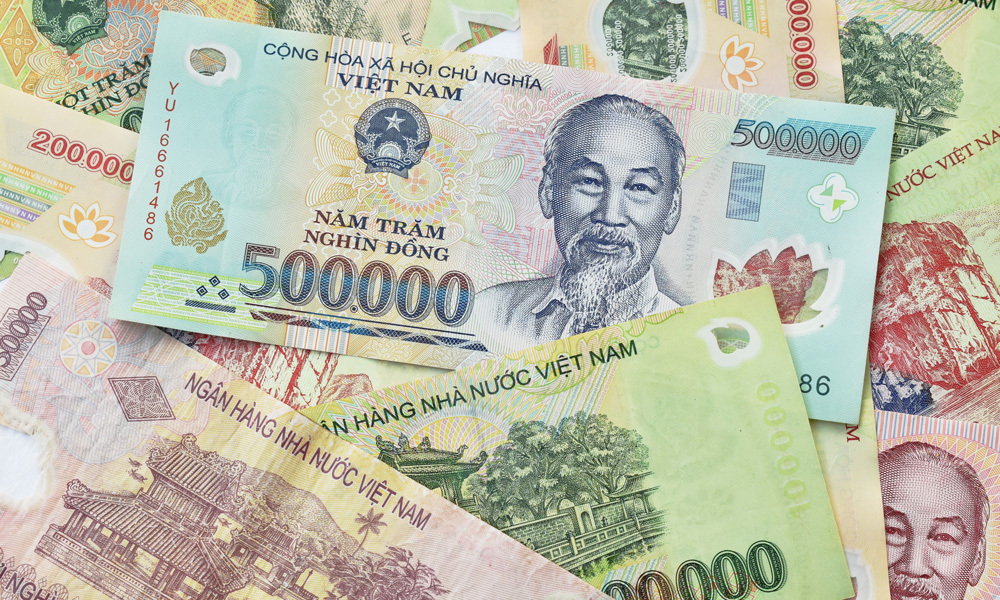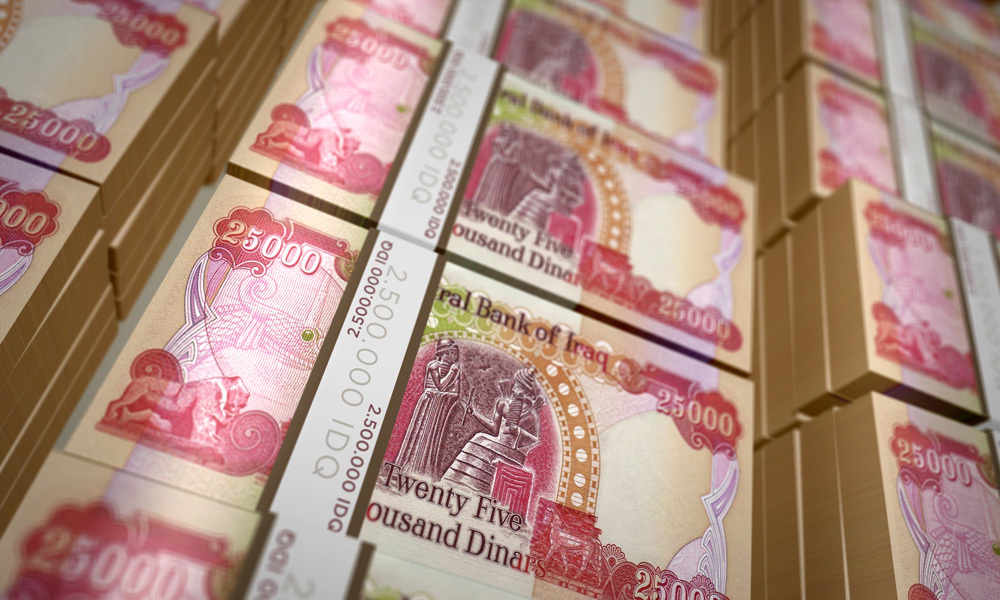Not content to run a country without its own money, Zimbabwe dictator Robert Mugabe came up with a new scheme to invent a currency with his nation’s name on it.
In November 2016, the African Export-Import Bank loaned 200 million US dollars to the Reserve Bank of Zimbabwe to help the country dig out of the economic hole it was in. The Reserve Bank immediately began issuing $2 “bond notes,” followed two months later with $15 million worth of new $5 bond notes.
What the Bond Notes Are Used For
The Zimbabwe bond notes were designed to be on par with US dollars, with one exception—they couldn’t be converted to real dollars. They are intended as a local currency only, so they can’t be used to pay for imports, and that’s a big problem for a country like Zimbabwe that depends heavily on other nations for goods and services.
The Zimbabwe bond notes can be used to pay local wages and suppliers, as well as for purchases in local stores, but if the transaction is with a foreign company, payment must be made in US dollars, adopted as the country’s official currency after the hyperinflation disaster of 2008. But Yankee dollars are becoming scarce as they flow out of the country to pay for imports, and that has led to a new round of inflation and black-market profiteering.
Price Discrimination and Inflation
Some businesses are so desperate for hard currency that they offer discounts of up to 50% for payment in US dollars. Stores sometimes have three different prices for goods—a bond note price, a US cash price, and a bank card price. Black marketeers are offering to convert bond notes to US dollars at premiums as high as 30%.
To counteract price discrimination, the government has forbidden large retailers to charge differing prices, so those businesses have simply raised their prices to compensate for their bond note losses. Of course that just adds to inflation, lowering the value of the bond notes further, and renewing the nightmares of hyperinflation that caused the old Zimbabwe dollar to become worthless.
Bond Note Values and Collecting
These Zimbabwe bond notes are finding their way into the speculative and collector markets, as have the old dollars. But unless the Zimbabwe government exercises some financial discipline—something they haven’t been good at in the past—the value of the Zimbabwe bond notes is likely to keep falling. Given that scenario, it seems that the sidelines are the safest place to be, at least for now.


